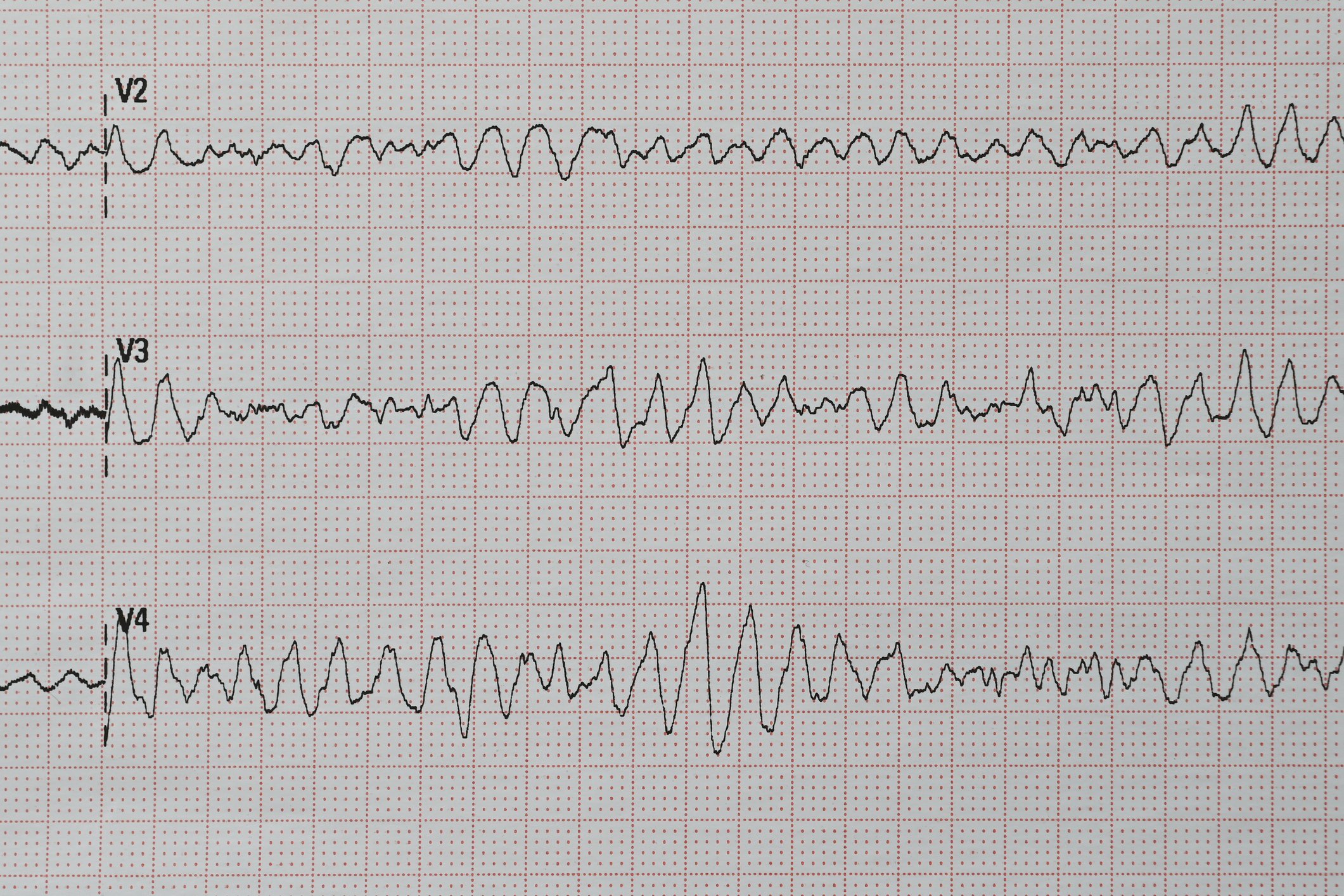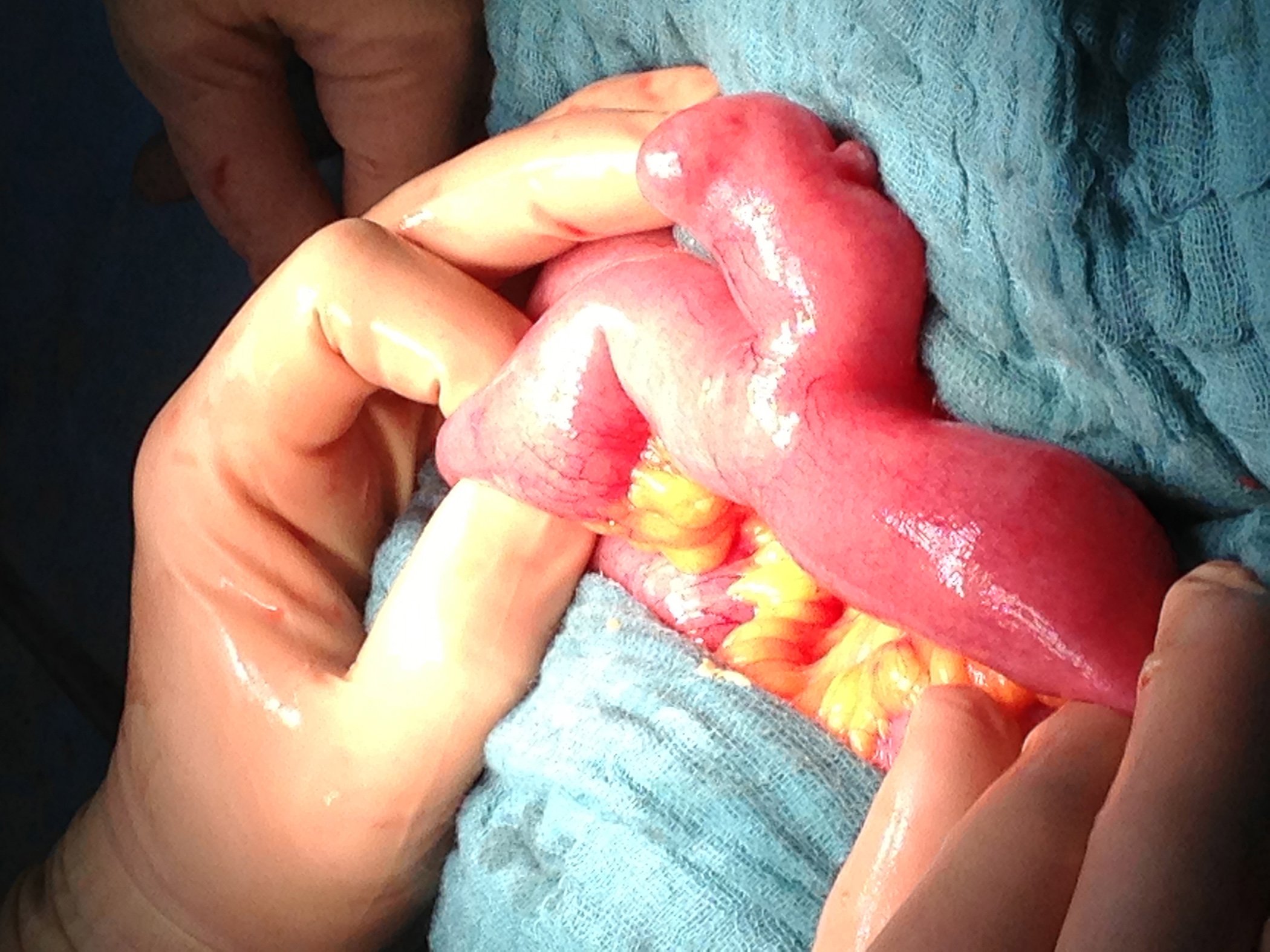Significant advances in drug therapy have considerably increased the life expectancy of patients with cystic fibrosis. With the ageing of this patient group and the emergence of comorbidities in adulthood, it has become clear that current care needs to be adapted to meet the specific needs of this demographic, which differ from those in childhood.
In recent years, major advances have been made in the understanding of cystic fibrosis and in the care of people with cystic fibrosis (pwCF) due to several factors, including early diagnosis, the introduction of new drugs (inhaled antibiotics and, more recently, drugs that functionally correct the defect caused by mutations in the cystic fibrosis transmembrane conductance regulator (CFTR) gene) and the introduction of multidisciplinary care in specialized centers or units. These advances have led to a significant improvement in prognosis, which for many patients means a prolongation of life and thus a significant increase in the number of adult cystic fibrosis patients.
In fact, the number of adult CF patients has exceeded the number of pediatric patients over the years. According to the latest data from the European Cystic Fibrosis Society Patient Registry (ECFSPR), 54% (n=28 986) of cystic fibrosis patients (pwCF) were ≥18 years old in 2021. Predictive models indicate a shift in the age distribution of CF, with a greater proportion of patients with CF reaching an older age. As a result, ageing has become a new factor that may contribute to the complexity of the disease and require adaptation in CF care. Therefore, standardized, specialized and multidisciplinary care is needed. However, there are concerns about the adequacy of current health, therapeutic and educational services.
To address these concerns, Dr. Almudena Felipe Montiel from the Department of Respiratory Medicine (Adult Cystic Fibrosis Unit), Vall d’Hebron University Hospital, Vall d’Hebron Research Institute (VHIR), Universitat Autònoma, Barcelona, and colleagues conducted a multinational survey to assess the current state of care in specialized multidisciplinary cystic fibrosis units for adults and children and to identify areas for improvement [1]. The survey consisted of 36 closed multiple-choice questions covering various aspects of care, organization, education and research related to cystic fibrosis. Data collection ran from December 2021 to November 2022 and a descriptive analysis of the surveyed centers and questionnaire responses was performed. Responses were collected from 44 centers that regularly care for CF patients (34 specialized cystic fibrosis hospital departments, 10 hospitals without a specialized CF center) in 13 different countries (35 EU and nine non-EU centers). The distinction between specialized centers that focus on the care of children, adults and those that combine care for both age groups is important, according to the authors, in order to avoid duplication of data.
Urgent need for standardized, high-quality care for CF patients
The results of the survey showed that many of the cystic fibrosis centers or specialized cystic fibrosis units meet most of the care standards of the European Cystic Fibrosis Society (ECFS). However, some significant relevant differences were found both between individual centers and between pediatric and adult cases. For example, many CF centers have not adapted to the increasing proportion of adult patients: In 25% of mixed care centers, adult patients continue to be treated by pediatric pulmonologists.
In addition, the new profile of the cystic fibrosis patient requires adaptation within the multidisciplinary team to ensure comprehensive care, the authors write. Promoting the inclusion of transition protocols in all centers and with other specialists to support pulmonologists in the management of pwCF is therefore crucial, they say. However, the results of their survey showed that only 52.3% of centers received support from other specialists in the diagnosis of the disease, follow-up and prevention of comorbidities.
In addition, it is crucial in a cystic fibrosis center to provide support in the treatment of certain mutations, but only 52.3% of the centers surveyed had access to a geneticist. Pharmacists also play a crucial role in monitoring treatment compliance and identifying potential interactions and adverse effects, but only 61.4% of centers surveyed had access to these specialists.
According to the researchers, it is also important to include psychologists and social workers in the team in order to support patients in transitional phases, for example in young adulthood when entering working life. Nevertheless, according to their analysis, 30-40% of the centers included did not have these professional groups. In CF centers or units that care for both pediatric and adult patients, this percentage was even higher. All of this underscores the need for a coordinated transition between pediatric and adult care. However, in 30% of the centers involved in the study, transition programs are still not implemented, although a multidisciplinary team is present in more than 80% of cases. This striking discrepancy could be due to heterogeneous implementation of standards of care across centers and possibly a local lack of resources in some centers, Dr. Montiel and colleagues write.
New approaches will be required
In terms of resources, most centers had shown that they had the necessary diagnostic and therapeutic tests and techniques to treat the disease appropriately. However, the availability of LCI testing was not yet integrated into global disease management. Only 14% of pediatric care centers participating in the survey and 60% of adult centers had LCI testing available. Over 50% of services for pwCF are provided on an outpatient basis, and many procedures that were previously hospital-only, such as treatment of exacerbations, are now outsourced. This model has proven to be beneficial, particularly for people with CF. However, given the growing number of adult pwCF, it is likely that new approaches will be needed to care for this new, older and more complex patient profile, the authors say. Their analysis found that 57% of centers have outpatient services dedicated solely to the care of pwCF and only 43% have hospital beds, which may be inadequate in the context of a complex disease with an increasing prevalence of comorbidities.
A significant percentage of physicians caring for pwCF (20.4%) feel that they are not adequately trained in the management of the disease. In addition, only 53% of centers offer rotations in cystic fibrosis departments as part of their academic training.
According to the researchers, these findings highlight the shortage of research staff in cystic fibrosis centers, including nurses, database and research coordinators, which limits research and progress. As the complexity of the disease in adult cystic fibrosis patients continues to increase with age and comorbidities, the need for homogeneous, specialized and multidisciplinary care will become increasingly important.
Source: Montiel AF, et al: Standards of care and educational gaps in adult cystic fibrosis units: a European Respiratory Society Survey. ERJ Open Research 2024; 10(3): 00065-2024; doi: 10.1183/23120541.00065-2024.
InFo PNEUMOLOGIE & ALLERGOLOGIE 2024; 6(4): 36–37











